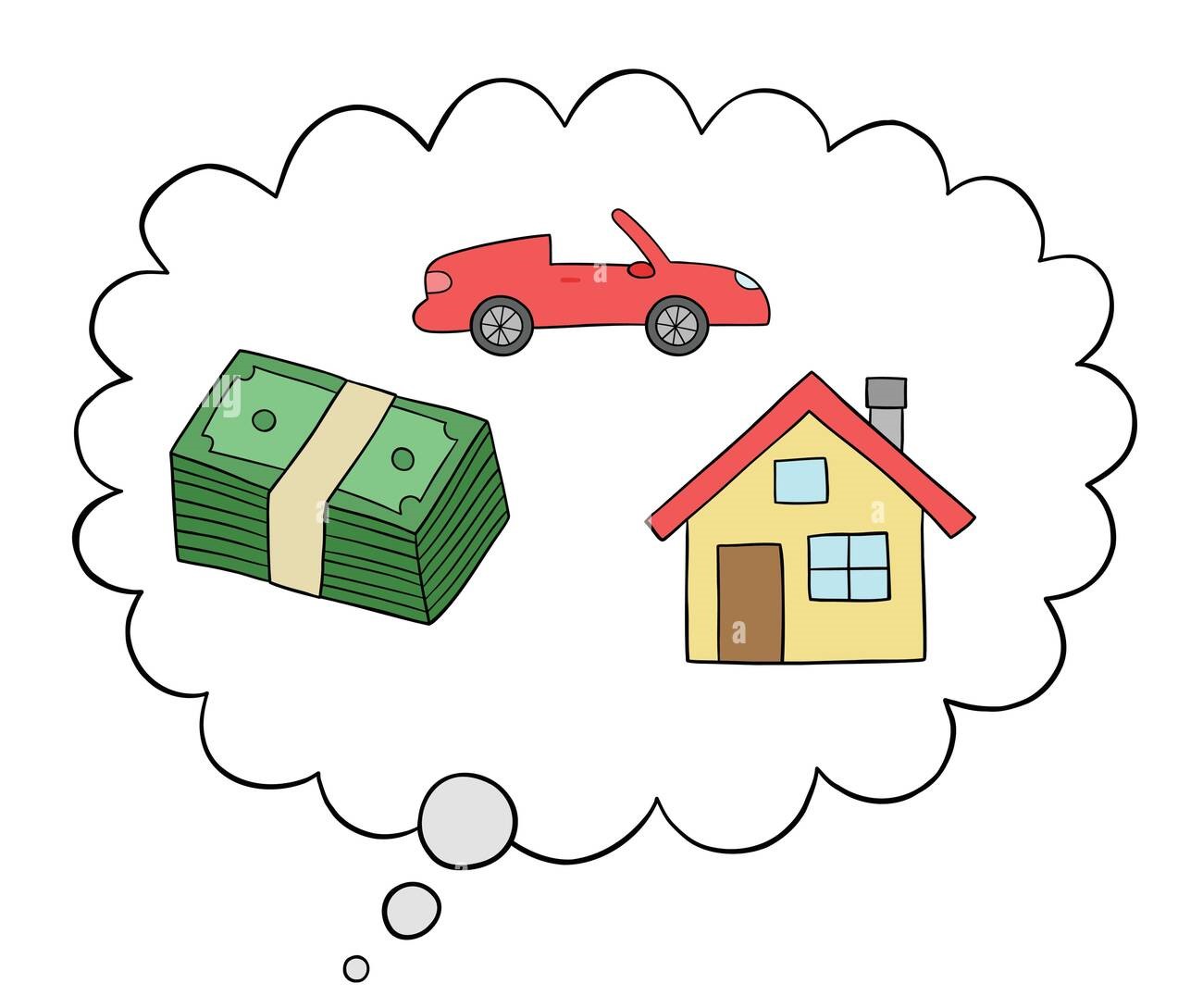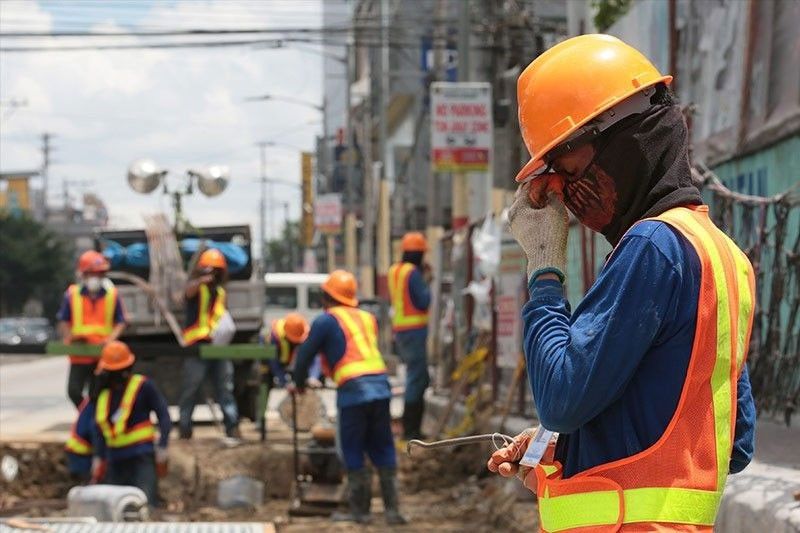In the stillness of night, many Filipinos drift into sleep—not from fatigue, but from a longing to escape. Not for rest, but for refuge.
Because in dreams, we can rewrite reality.

In dreams, we can afford everything we need. There is no shortage of food, no unpaid school fees, no landlords knocking for rent. Our parents don’t have to work far from home. We don’t fear emergencies, or count coins at the pharmacy. We live not just comfortably, but with dignity.
But then we wake up.
And reality, cold and relentless, reminds us that we were not born into wealth. We were born into cycles—of hardship, of hustle, of constantly making do.
This is the quiet truth that social media occasionally amplifies through viral posts and anonymous confessions: being born without generational wealth in a country like the Philippines is not just a disadvantage—it’s a daily emotional and financial battle.

The kind of wealth others inherit—a house, a car, land, a thriving family business—is often absent in families who’ve lived paycheck to paycheck for decades. Many of us didn’t inherit property or privilege. We inherited problems. Debts. Sacrifices. Trauma.
We inherited survival.
And while wisdom reminds us that “money isn’t everything” and “you can’t take riches to the grave,” the harsh reality is that nearly everything in life requires money.
Food? Money.
Medicine? Money.
Education? Money.
Hospitals? Definitely money.
Even elections are built on money. Even church donations are quietly expected. Our jobs tax us. Our commutes cost us. And our dreams? They demand more than we often have.
The Weight of Inequality
Generational wealth has become a buzzword online—but it’s not just a trend or a catchphrase. It’s a real socioeconomic wall that divides futures. Wealth allows some to take risks, start businesses, or study abroad. Others, without it, are forced to work twice as hard just to stay afloat.

In a country where minimum wages barely meet rising costs of living, it’s no surprise that millions feel trapped. Hard work alone is no longer the ticket out. When salaries remain stagnant and inflation keeps climbing, many question whether the system is truly designed to lift everyone—or just preserve the status quo.
The result? A nation of dreamers who often feel powerless in their own reality.
A Silent Hope
Yet, amid the frustration, there is something powerful in dreaming. In envisioning a life that goes beyond survival.
Somewhere deep within every exhausted worker, every young student riding a crowded jeep, every OFW parent sacrificing birthdays and holidays—there is hope. Hope that the cycle can be broken. That one day, they won’t just dream of wealth—they’ll build it. Not just for themselves, but for the generations that follow.
And maybe, for those of us born without inheritance, we are the beginning of the inheritance.
A Call for Compassion—and Action
This piece is not a complaint—it’s a reflection. It’s a letter for those who cry in silence, those who pray for relief, those who feel they’re doing everything right but still come up short.

It’s also a quiet demand: that we stop romanticizing struggle, and instead demand systems that uplift those who work the hardest. That we redefine success not as individual escape, but collective improvement.
Because maybe we don’t all want to be billionaires. Maybe we just want to rest. To eat without worry. To say “yes” to our child’s school trip. To stop choosing between medicine and meals.
Maybe we just want what others inherited: the freedom to live without fear.
Until then, many of us will continue to dream—not out of weakness, but because dreaming is sometimes the only space where justice feels real, and dignity isn’t gated behind income brackets.
And hopefully, one day, we’ll wake up to a world where generational wealth is no longer a dream, but a birthright we’ve built ourselves.







